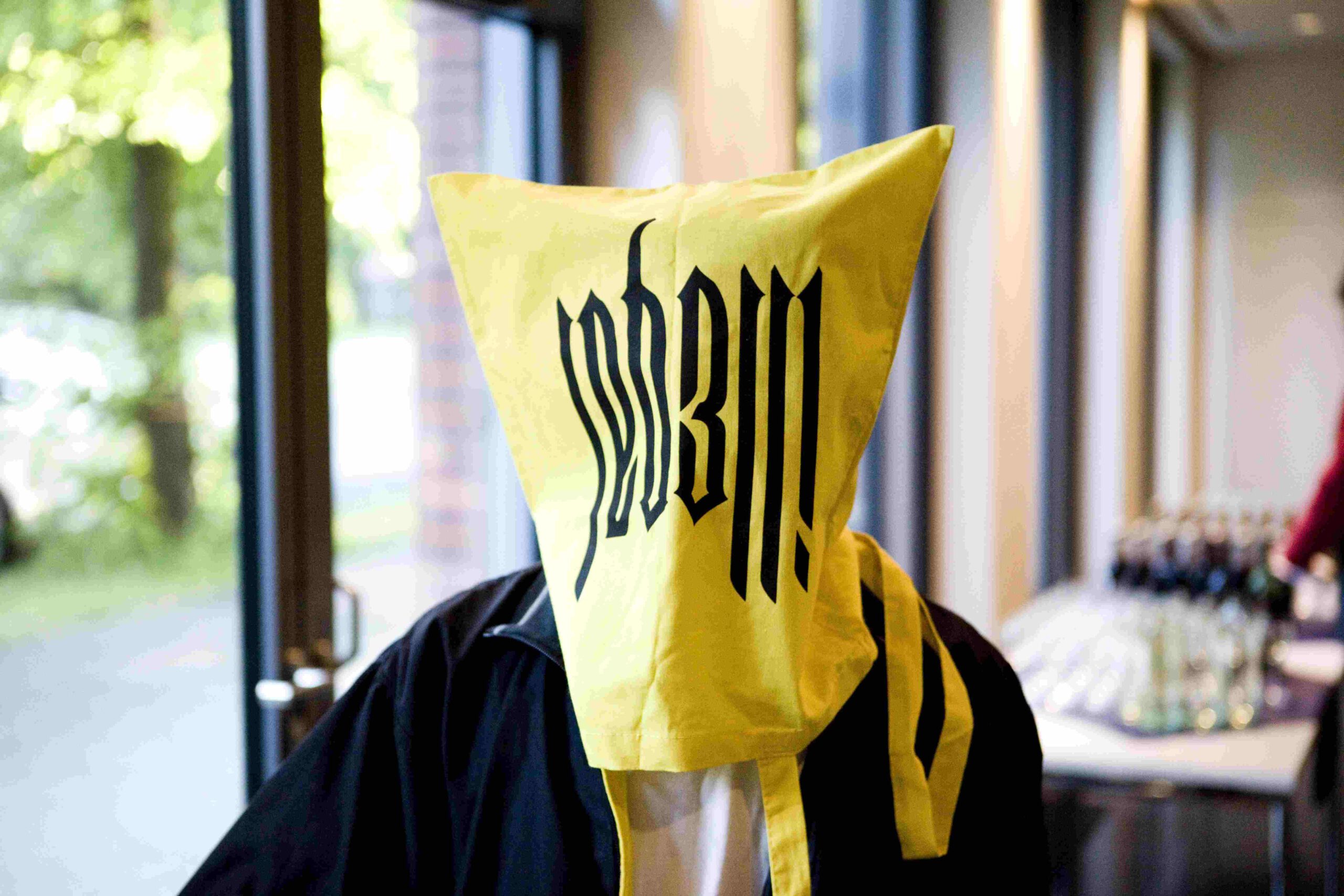MENU

Cleaning Culture
A performance by Wahshi Kuhi
Original pre-performance text from 30 May 2017
The so-called “Orientteppich” from the so-called “Orient” was not woven and not knotted in order to be seen/treated/bought/understood as strange or “exotic”.
The life of the people who weave this rug used to be an autonomous one. The autonomy of their existence was rooted in their knowledge and artistic life.
Colonial man was able to exploit these artists and create a dependency on their trade. Back in Europe, these rugs and the lives of the people who made them were advertised as exotic.
This situation occurs not only in the time of colonial occupation, but also in neo-colonial times, especially in Germany. Germany imports the most rugs from Iran after the USA.
Although the relationship between German society and these works of art has changed, rug art is still not taken seriously in artistic discourse.
As a young weaver told an interviewer, “The German people do not understand the value of these rugs.”
Its market value is decided by affluent society and its representatives in Germany on one side, and corrupt government officials in Iran on the other. Akbar Hashemi Rafsanjani undertook a trip to Kurdish cities during his presidency of Iran, probably due to German trade mandates, after which rug prices fell sharply, making life for many people in Kurdistan a precarious one.
The question is, why isn’t this behaviour changing? Why are these rugs still seen as “exotic”? Isn’t it time to look at the way German consumers deal with and also deal in these works of art, and try to disrupt it?
“Cleaning Culture” is an act of protection, a protest against this relationship between wealthy Germans and the Iranian regime. In this performance we invite the audience to encounter rug art and its development on economic, artistic and political levels, and to learn more about the autonomous way of life of the people who make them.
After the performance we will ship this rug together back home, to the people who weave rugs there and whose everyday life is structured by its resistance to neo-colonialism.




